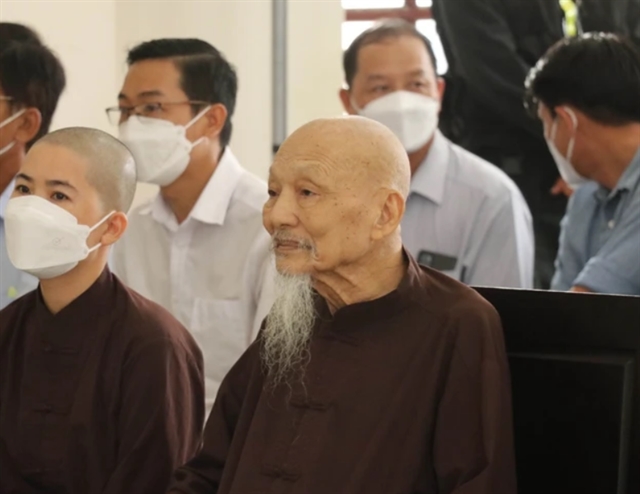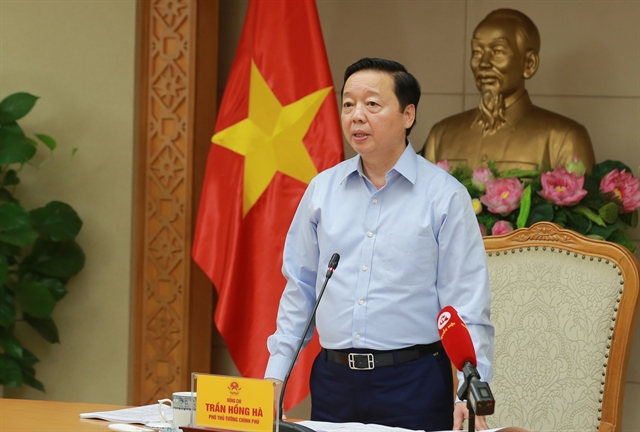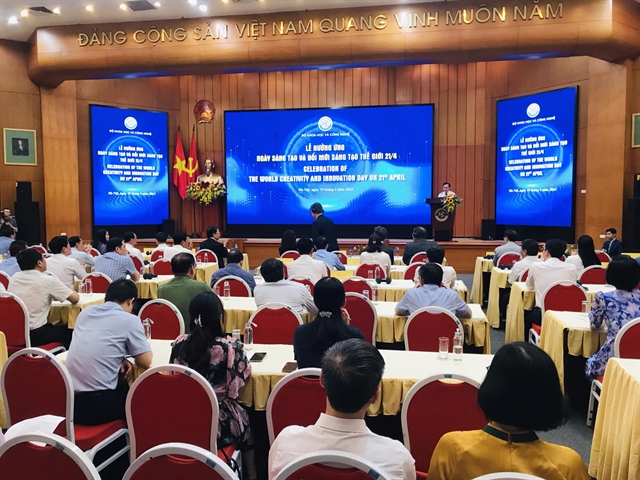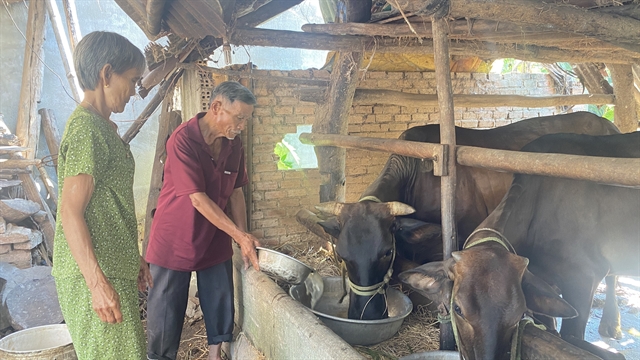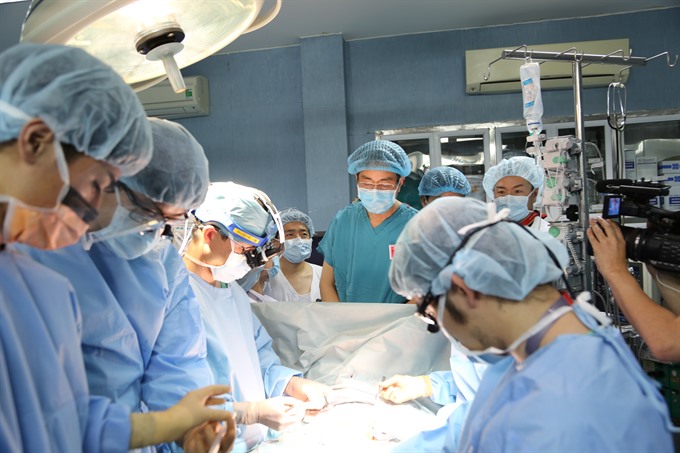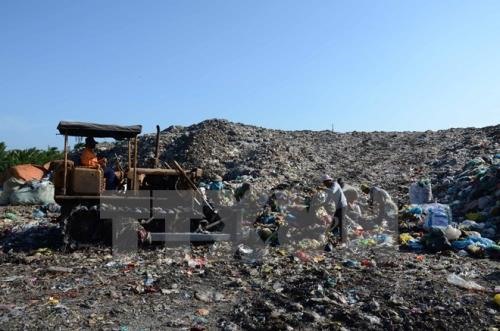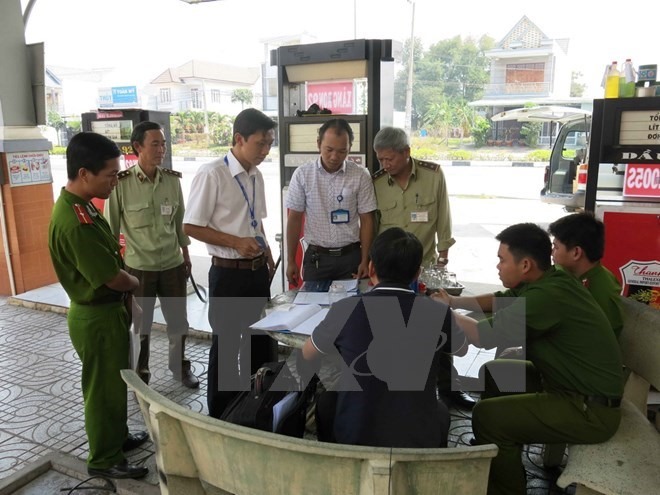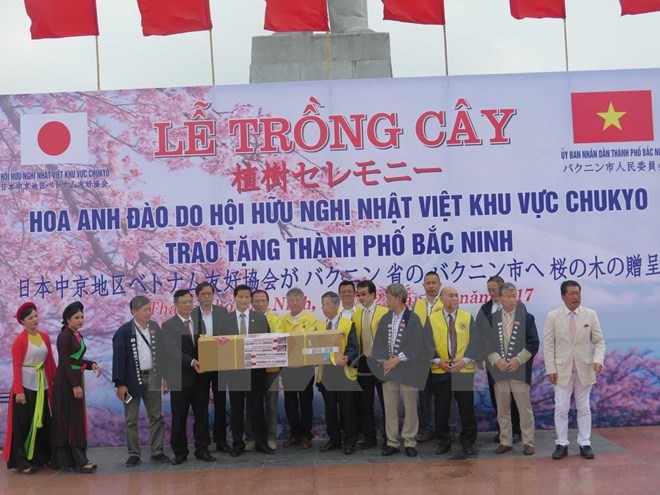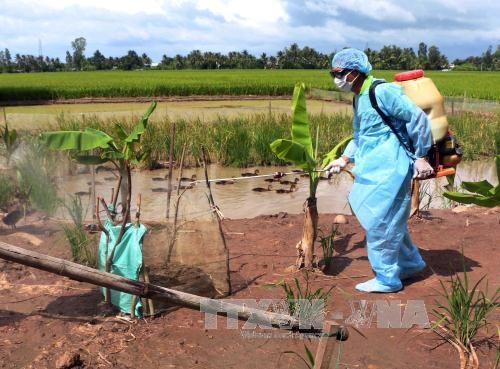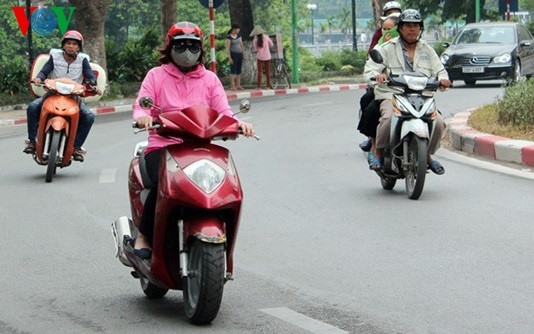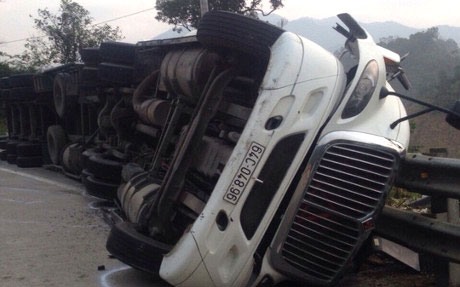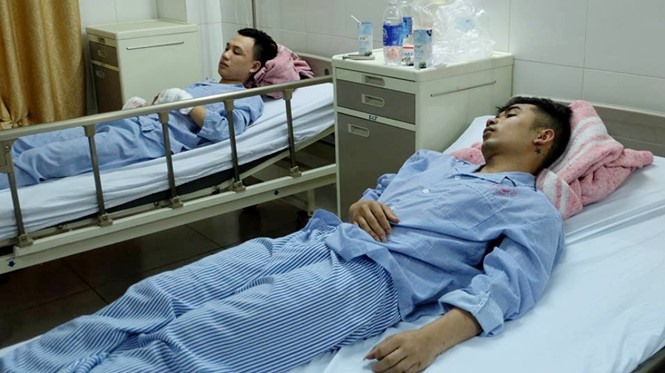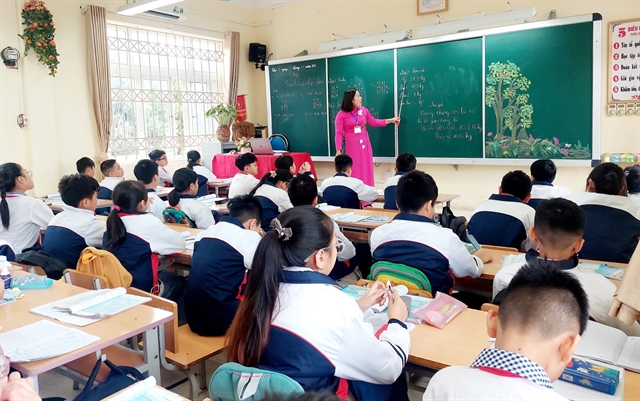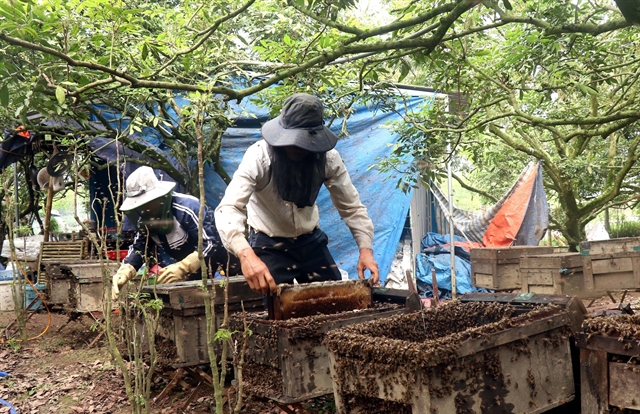
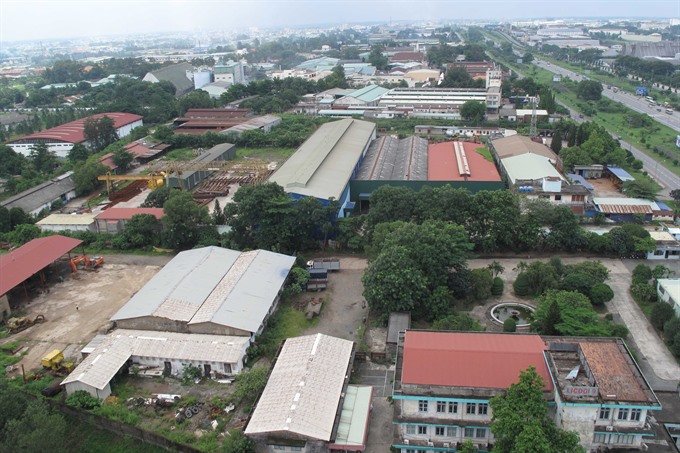 |
| Biên Hòa 1 Industrial Park in Đồng Nai Province. The province has planned to relocate polluting facilities out of urban area. — VNA/VNS Photo Tràng Dương |
ĐỒNG NAI — Five years after Đồng Nai Province began implementing a plan to relocate nearly 480 polluting production and other facilities out of urban and residential areas, most of the establishments remain in place.
The deadline had been extended until the end of last year, and again, until the end of this year. Without sufficient “supportive mechanisms,” whether or not the plan will be be implemented remains a big question, the Việt Nam News Agency reports.
Nguyễn Ngọc Thường, deputy head of Đồng Nai’s Department of Natural Resources and Environment, said the relocation has fallen behind schedule because of a lack of new locations. Construction of new industrial parks in the area has been slow, he said.
According to representatives of enterprises that have to move, the plan lacks fact-finding study to review how practical the original plan was.
A majority of facilities asked to move have been operating for dozens of years and investors have spent a lot of money on building infrastructure. If they have to move, they have to leave a lot of equipment and facilities behind, and also face the risk of losing employees who will have to go on leave.
For instance, all 42 fine arts pottery producers have been allotted land lots to relocate to the Tân Hạnh pottery industrial zone in Biên Hòa City. However, just 15 are building factories in the new place. Others continue to operate in their original locations.
Vòng Khiềng, general secretary of Đồng Nai Fine Arts Pottery Association, said provincial authorities have several support policies for the enterprises, for example, supporting them with preferential loans for 60 per cent of the infrastructure capital. However, he said, the area provided in the new location is too small.
Khiềng said small and medium-sized companies have to invest VNĐ10 to 80 billion (US$445,000-$3.5million) on factory construction and equipment. Big companies invest over VNĐ100 billion ($4.5million).
To continue to develop the 300-year tradition, local authorities should support enterprises with capital to help them start from scratch, he added.
A concentrated waste treatment plant has been set up in Vĩnh Cửu District, but people in the vicinity have refused to give land to the authorities because the compensation offered is too low. This has affected land clearance plans throughout the province.
Nguyễn Ngọc Thường, deputy head of Đồng Nai Province’s Department of Natural Resources and Environment, said that his department will propose to the provincial administration that it invests industrial zones that specialise in specific sectors.
He said this will help create favourable conditions for enterprises to stabilise their operations and business after relocation, while ensuring sustainable development and environmental protection.
The department will also step up inspections and impose penalties on units refusing to relocate out of urban areas. Stricter punishments like forced closure will also be considered, Thường said. — VNS
